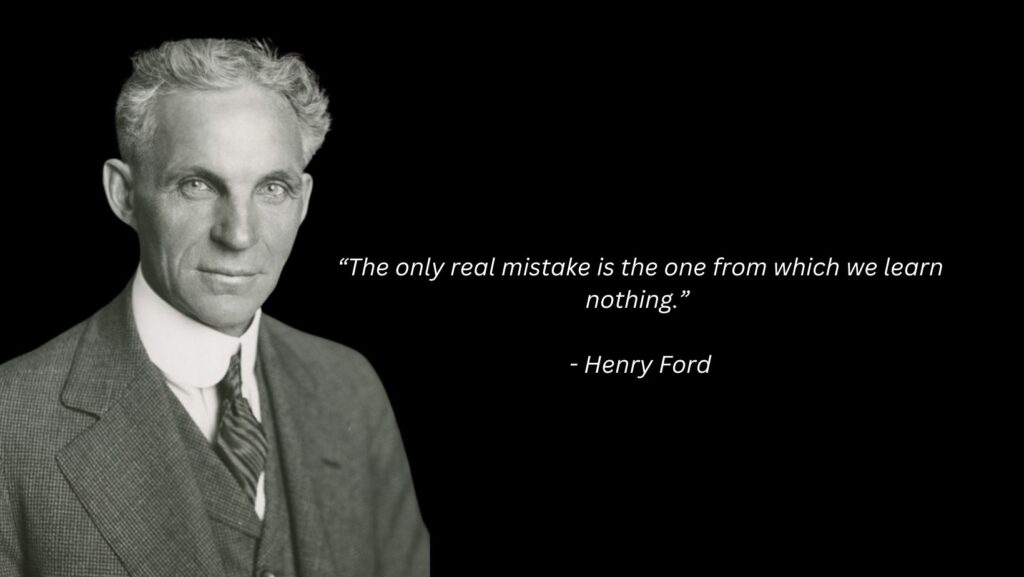Handling Delegation Mistakes
In the previous blog, “The Micromanaging Lawyer,” we mentioned that delegation is a phase where managers and employees will need significant support to get comfortable with mistakes — which is essential for growth. That is why is this blog, we’ll discuss “Handling Delegation Mistakes.”
According to Amy C. Edmondson’s psychological safety theory, by acknowledging that mistakes are inevitable, organizations allow employees to experiment and take risks without fear of punishment or embarrassment. This encourages creative problem-solving, collaboration, and innovation — all essential components of a successful law firm.
Identifying the Causes of Delegation Mistakes
Before addressing the mistakes, it’s vital to understand why the delegation didn’t meet the expected outcomes. There are three common causes of delegtion mistakes:
1. Unclear Instructions
“Have the objectives and expectations of tasks been communicated clearly?”
According to a study by Fierce, Inc., a leadership consultancy, 86% of employees identify lack of collaboration or ineffective communication as the primary reasons for workplace errors. Additionally, a survey by Ketchum Communications found that only 31% of employees think their managers are effective communicators.
As a Lawyer-Manager, of course you don’t wake up one day and choose to communicate poorly. No manager would want that, right? But why do many still struggle with effective communication?
Consider effective communication as playing the game of Cricket Darts. In this game, you must hit the same number three times to score points or block your opponent.
Similarly, in communication, you need to “hit” your target three times: what you intend to say, what you actually say, and what the listener interprets. Missing any of these can lead to misunderstandings.

The Three Rings of Communication by Alain Hunkins
Psychologists suggest that this “perfect” communication happens only oftentimes because of what they refer to a phenomenon as projection bias. This bias occurs when you subconsciously assume others share your current thoughts and feelings, leading your brain to mistake your subjective viewpoint for objective reality.
This bias is particularly evident in how tasks are delegated within a law firm. For instance:
“I handed off the client’s file. They should be equipped to draft the motion on their own.”
“Why hasn’t the deposition been scheduled? Isn’t it clear that it’s urgent?”
“It seems the associates don’t recognize the crucial role of thorough document review. Can’t they see how vital it is for the case?”
Clarke and Crossland describe these assumptions as “The Four Fatal Assumptions of Leaders,” which are:
- Constituents understand: Leaders assume everyone knows what is expected.
- They care: Leaders believe everyone has the same level of interest and commitment.
- They agree: Leaders think everyone is in agreement with the decisions made.
- They will take appropriate action: Leaders expect everyone will act correctly without further guidance.
To combat this issue, it’s essential to adopt a clear and direct communication style. Here are a few strategies:
- Be Specific
- Clearly outline the objectives, deadlines, and expected outcomes. If possible, provide written instructions to avoid any confusion that might arise from verbal communication alone.
- Repeat Key Points
- Reiterate important details to ensure alignment and understanding.
- Do Not Assume, Seek Feedback
- Do not assume that your team understands the instructions always, ask for immediate feedback to clarify any misunderstandings right away. This ensures everyone is on the same page and can significantly reduce errors stemming from miscommunication.
2. Mismatched Skills
Were the tasks aligned with the team members’ skills and experiences?
According to McKinsey, a global management consulting firm, 87% of organizations know they have a skill gap or will have one within the next few years. However, even when businesses are able to find highly skilled employees, they don’t always hire for the “right” skills.
That is what a skill mismatch is — a noticeable gap between the skills of the employees and the skills actually needed for the particular job.
Different types of Skill Mismatches:
- Horizontal mismatch
- An employee has the right qualifications but lacks the “right” skills needed for the job.
- Vertical mismatch
- This occurs when an employee’s skill set isn’t on par with the level required by the job. This includes the underqualified and the overqualified, often leading to job dissatisfaction and underutilization of skills.
- Skills obsolescence
- Skills become outdated as new technologies emerge, making previous knowledge irrelevant. According to the World Economic Forum, the average half-life of skills is only four years, meaning the skills we have now will only be half as valuable in four years’ time.
This mismatch can have significant consequences like decreased productivity, which in turn can impair employee performance and increase the likelihood of mistakes at work.
To address the mismatch of skills, it’s crucial to align tasks with the appropriate team member capabilities. Here are a few strategies:
- Conduct Skills Assessments Regularly
- Understand the current capabilities of your team through assessments or reviews. This can help in aligning tasks with the right personnel.
- Provide and Enhance Training and Development Opportunities
- If skill gaps are identified, offer training sessions or professional development opportunities to bridge these gaps.
3. Lack of Motivation
Were the team members sufficiently motivated and invested in the task’s success?
Motivation drives 40% of a team project’s success, but managers often struggle to inspire unmotivated employees. In fact, a Gallup study reveals that only 15% of employees worldwide are engaged at work, indicating a global motivational crisis that significantly affects productivity and task completion rates.
There are two general types of employee motivation:
- Financial Motivation
- Includes salaries, bonuses, commissions, and other monetary rewards.
- Intrinsic Motivation
- Involves intangible factors like job satisfaction, recognition, and opportunities for growth.
Both financial and intrinsic motivations are essential for minimizing delegation errors within any organization. Effective task delegation that leverages these motivations ensures that employees are not only willing but also eager to assume responsibilities.
Improving motivation can significantly reduce delegation mistakes by ensuring that team members are engaged and invested in their tasks:
- Recognize and Reward Efforts
- Acknowledge good work publicly and reward achievements to motivate others. This could be through bonuses, promotions, or even simple recognition in team meetings.
- Create a Supportive Culture
- Foster an environment where team members feel valued and supported. This includes open communication channels, regular feedback, and a positive workplace atmosphere.
- Empower Employees
- Give team members more autonomy over how they complete their tasks. Empowerment can lead to increased job satisfaction and a higher sense of ownership over work.
Learning from Delegation Mistakes
Handling delegation failures effectively is not just about fixing what went wrong. It’s about creating a proactive, supportive, and adaptable environment where continuous learning and improvement is integral to operations. Every mistake should become a stepping stone to greater understanding and better performance, making each a valuable part of your law firm’s growth and success.

References:
Hunkins, A. (2022). The #1 Obstacle To Effective Communication. Retrieved from: https://www.forbes.com/sites/alainhunkins/2022/09/15/the-1-obstacle-to-effective-communication/?sh=5434b1609fbc
Lambden, D. (2023). The Importance of Effective Workplace Communication – Statistics. Retrieved from: https://www.expertmarket.com/phone-systems/workplace-communication-statistics#:~:text=86%25%20of%20employees%20cite%20the,efficacy%20on%20a%20daily%20basis.
Harvard Business Review. (2019). 4 Reasons Good Employees Lose Their Motivation. Retrieved from: https://hbr.org/2019/03/4-reasons-good-employees-lose-their-motivation
Gallup. (2019). Worldwide, 13% of Employees Are Engaged at Work. Retrieved from: https://news.gallup.com/poll/165269/worldwide-employees-engaged-work.aspx

Leave a Reply